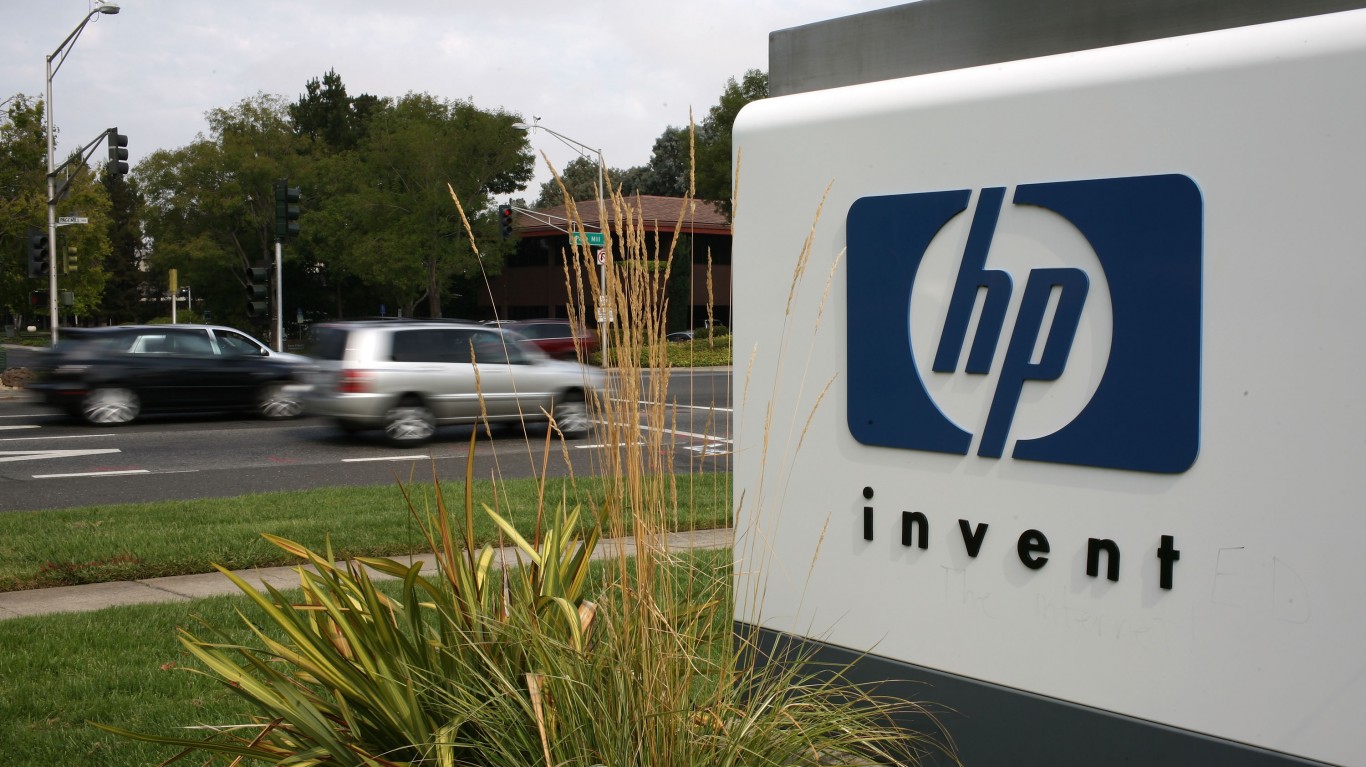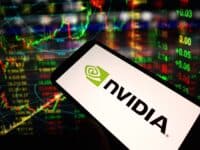

To no one’s surprise, HP Inc. (NYSE: HPQ) on Sunday rejected the buyout offer from Xerox Holdings Corp. (NYSE: XRX). The rejection, signed by CEO Enrique Lores and Chair Chip Bergh, said that HP’s board had “unanimously concluded that it significantly undervalues HP and is not in the best interests of HP shareholders.”
Lores and Bergh cited another concern about the Xerox offer: “… the highly conditional and uncertain nature of the proposal, including the potential impact of outsized debt levels on the combined company’s stock.” Xerox had offered $22 a share in cash and stock for HP, $17 in cash and 0.137 shares of stock. The offer represented a premium of 21% to HP’s stock price and had a total value of more than $30 billion.
At the time of Xerox’s offer (November 5), the company had a market cap of around $8.3 billion, while HP was valued at about $28.4 billion. In its offer letter, Xerox said it had received a “highly confident letter” from Citi “evidencing their certainty in arranging financing for the transaction.”
That’s all well and good, but it’s pretty certain that Xerox would have had to add about $25 billion in new debt in order to get the deal done. Standard & Poor’s issued a note following the offer pointing out the significant new debt Xerox would have to assume and how that debt may push both firms’ credit ratings down.
This is how Fitch ratings concluded a note on the proposed transaction:
HP is solidly investment grade while Xerox is speculative grade. Investor appetite for such a sizable debt issuance in a secularly challenged industry is an open question.
All that said, a combination of Xerox and HP makes some sense if the positions are reversed and HP makes an offer for Xerox.
Both trade as value stocks, and these have returned to favor among investors in recent weeks. One way to play defense during the current trade war is to put more attention on value stocks than on momentum stocks. Cliff Asness of AQR Capital Management wrote in a recent blog post, “value is quite cheap [now] compared to history. … In other words, value does not look like a factor with too many people chasing it today, … rather it looks like a shunned out-of-favor factor.”
An HP-Xerox combination may make sense if the bigger fish swallows the smaller one. The resulting balance sheet would not be bloated with debt and likely would have a better price-to-earnings ratio. An added benefit is that a sweet enough offer from HP could get activist investor Carl Icahn on board (he owns about 11% of Xerox).
Xerox shares traded down nearly 3% in Monday’s premarket, at $37.80 in a 52-week range of $18.58 to $39.38. The 12-month consensus price target on the shares is $41.00 and Xerox pays a dividend yield of 2.57%.
HP stock traded down about 1.1% at $19.95 a share, in a 52-week range of $15.93 to $24.17. The price target is $19.95, and HP pays a yield of 3.49%.
Thank you for reading! Have some feedback for us?
Contact the 24/7 Wall St. editorial team.
 24/7 Wall St.
24/7 Wall St.


